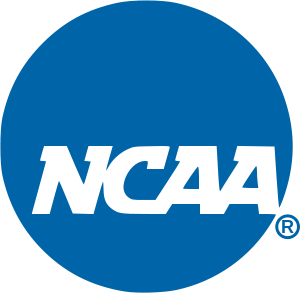On Monday morning, the United States Supreme Court didn’t accept two appeals related to a high-profile case about compensation for college student athletes.
 In NCAA v. O’Bannon or O’Bannon v. NCAA (there were two petitions), the Court denied the appeals of a lower court ruling about the National Collegiate Athletic Association’s definition of amateur athletes and if student-athletes can ask for compensation from video game profits.
In NCAA v. O’Bannon or O’Bannon v. NCAA (there were two petitions), the Court denied the appeals of a lower court ruling about the National Collegiate Athletic Association’s definition of amateur athletes and if student-athletes can ask for compensation from video game profits.
The NCAA filed its appeal with the Court in July 2016. It wanted the Supreme Court to deal with two questions. It asked the Court to overturn a Ninth Circuit Appeals Court ruling that the NCAA violated the Sherman Anti-Trust Act when it defined “the eligibility of participants” in NCAA-sponsored athletic contests.” The NCAA also wanted to know if the First Amendment protected it from compensation claims from student-athletes who believed their likeness was used in an “expressive work” such as a video game.
The NCAA also claimed the Ninth Circuit misapplied precedents from a 1984 Supreme Court decision, NCAA v. Board of Regents of the University of Oklahoma, when it ruled against the NCAA in the O’Bannon case. Part of the Board of Regents decision, it said, acknowledged that “in order to preserve the character and quality of the (NCAA's) 'product,' athletes must not be paid, must be required to attend class and the like.”
The O’Bannon group's lawyers wanted the Supreme Court to confirm the Ninth Circuit was correct “in refusing to confer categorical anti-trust immunity on the NCAA for what in any other industry would be an unreasonable restraint of trade.”
By passing on the two appeals, the Supreme Court let the Ninth Circuit Appeals Court rulings remain in effect.
These rulings found that the NCAA policy of limiting financial support of basketball and football athletes to tuition, room and board did violate the Sherman Anti-Trust Act, but that law didn’t require additional compensation beyond personal and travel expenses.
The battle over the issue isn’t entirely over, since two other cases are in federal court about lifting the compensation amount for student athletes based on an economic competition argument.






